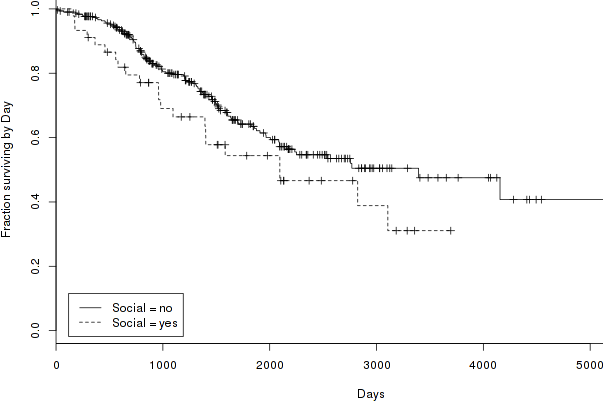
Google seems to be an enthusiastic beginner and ender of things. There are hundreds of services that have been opened and closed since the company’s inception: iGoogle, Google Notebook, and most recently, Google Reader. But despite any perceptions to the contrary, shutdowns are not a great reason to hold back from using Google products. An exhaustive statistical analysis at gwern.net shows that only 35 percent of Google products have ever been closed, and many share a distinguishing set of characteristics.
The shutdown of Google Reader lead some users to question how justified they were to expect Google’s freely provided services to stick around. According to this analysis, there is some rhyme and reason to Google’s shutdowns. How the company conducts business has changed over the years in such a way that we may be able to expect new products to stick around (longer than usual, at least).
A few characteristics of survivor products: they aren’t acquisitions, they directly make money, they aren’t related to social networking, and theywere released early in Google’s lifetime (successful examples: search, AdWords, Groups). This is partially due to the fact that Google became very experimental and heavily ramped up the number of products it launched starting in 2005. Only in 2011 did it decide to put “more wood behind fewer arrows.”
But the newness of a service doesn’t necessarily mean users should hold back from using it. Per a gwern.net message to The Atlantic, the recently released Evernote-like Google Keep has a five-year survival estimate of 60 percent. Based on the shutdown data of 350 products, some current products the analysis shows to be at risk include Unofficial Guides, Cloud Messaging, and Correlate.
Survival rates for technology products will naturally be somewhat unlike the subjects we usually estimate them for (people, blue whales, ferrets), but apparently the ebb and flow to Google and the habits of its customers still provide a little information about what we can expect to stick and what will get the axe.
reader comments
50